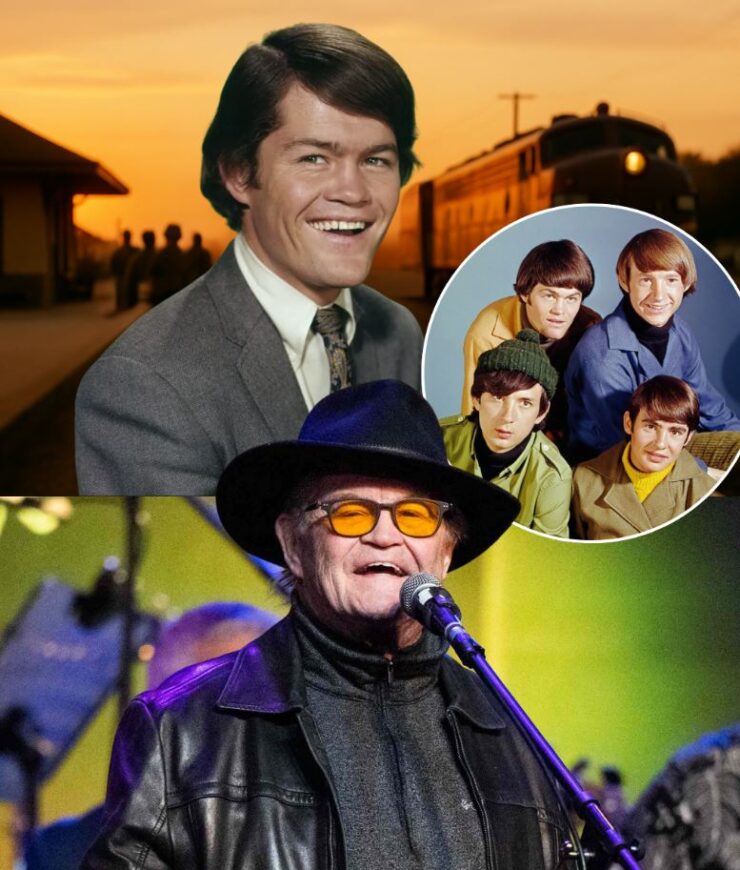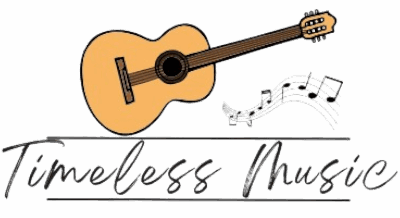
When The Monkees released “Last Train to Clarksville” in 1966, they weren’t just delivering a pop hit — they gave the world an anthem that continues to echo the restlessness of an entire generation. More than half a century later, this track remains one of the band’s most enduring and emotionally charged songs, blending catchy melodies with hidden layers of meaning.
Micky Dolenz’s Urgent Vocals
At the heart of the song is Micky Dolenz’s unmistakable voice, carrying a sense of urgency, longing, and unease. His delivery transforms what could have been a simple pop tune into something far deeper, drawing listeners into a story that feels both personal and universal. Each word seems to carry the weight of uncertainty, mirroring the anxieties of young people in the 1960s.
The Sound of the ’60s: Bright Yet Haunting
On the surface, the track sparkles with jangling guitars and a driving, pulsing rhythm — the hallmarks of upbeat ’60s pop. Its vibrant energy made it an instant radio favorite. Yet, beneath that cheerful exterior lies a haunting undertone. The contrast between the lively instrumentation and the emotional weight of the lyrics is what gives “Last Train to Clarksville” its timeless power.
A Story Beneath the Melody
Though the tune is catchy, the lyrics tell a different story: a bittersweet tale of love overshadowed by uncertainty. The narrator pleads for one more chance to meet, but the urgency suggests it may be their last. It’s not just a love song — it’s a goodbye song wrapped in a pop package, layered with emotions that still resonate today.
The Vietnam War Connection
Released during the height of the Vietnam War, the song struck a chord with young listeners facing the harsh reality of saying farewell to loved ones heading off to uncertain futures. While the lyrics never explicitly mention war, the subtle allusions to separation, fear, and finality reflected the unspoken anxieties of the era. For many, “Last Train to Clarksville” became more than music — it became a soundtrack to their personal struggles and hopes.
Why It Still Matters Today
Decades later, the track hasn’t lost its shine. Whether you hear it as a feel-good pop classic or as a bittersweet reminder of love and loss, “Last Train to Clarksville” endures because it captures something universal: the tension between joy and uncertainty, hope and farewell. It’s a reminder that music can be both fun and deeply meaningful at the same time.
Final Thoughts
“Last Train to Clarksville” isn’t just a hit from the past — it’s a timeless anthem that still speaks to listeners today. With Dolenz’s passionate vocals, the irresistible guitar-driven beat, and its subtle reflection of a turbulent era, the song remains a shining example of why The Monkees hold a permanent place in music history.
